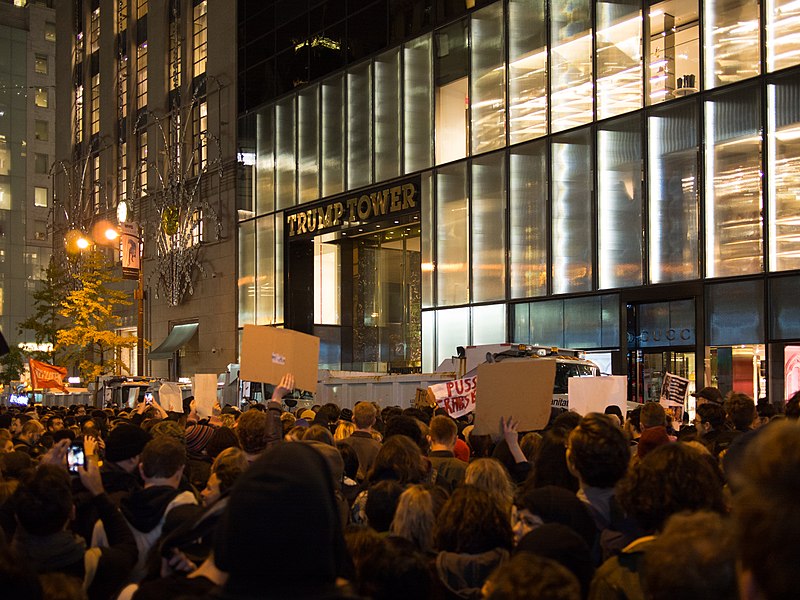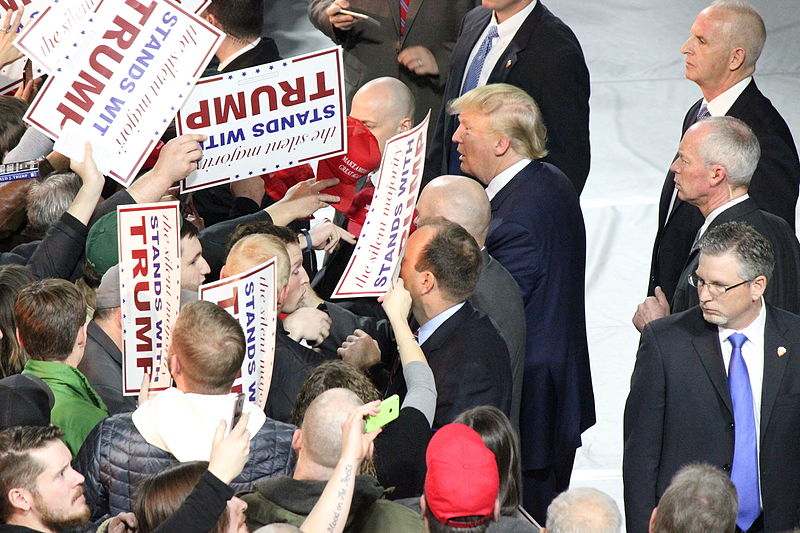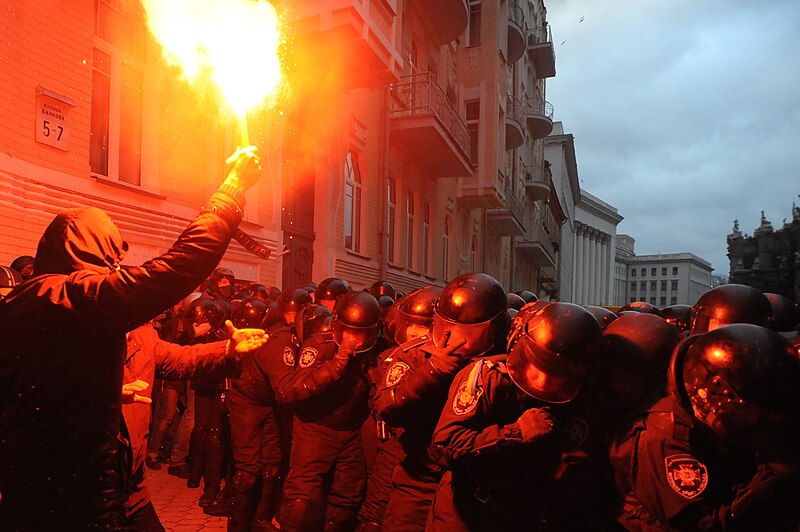
Today is the Trump inauguration. Tomorrow is the Women’s March on Washington. And every time you turn around, there is a football game or a rally of some sort. How can a writer make use of such events?

1) As the background or setting for plot action. Two or more characters can come into conflict. They can initiate, confirm, or advance plans for future action, be it benign or malignant. They can use the crowd as camouflage for a murder, kidnapping, or elopement. You get the idea.
2) As a means of revealing character. Just being there makes a statement—about attitudes, beliefs, or interests, depending on what the gathering is about. Then, too, it’s an opportunity to reveal how the character feels about being part of this. Why is s/he there? Is it voluntary? Obligatory? Part of the job? Is the character interested? Resentful? Inspired? Surprised? Bored?
3) As an opportunity for deviance. In the sorts of situations under discussion here, most people behave in similar, uniform ways. Psychologists call this behavior matching. Think of the wave at football games, listening politely to a public address, spectators cheering marathon runners. But what happens when someone behaves in the opposite way? Would your character do that? Why or why not?

4) As an opportunity for strong emotions. People tend toward emotion matching. On average, people experience things as funnier, scarier, sadder, etc., depending on the apparent reactions of those around them. Also, people are more likely to “let themselves go”—in ways usually forbidden, anything from sexuality to looting—if people around them are doing the same. Psychologists call this disinhibition.
So, at least four good reasons to view this weekend’s mass events with a writer’s eye. Can you think of others?



I suggest you write such sorts of articles every day to provide the audience enjoy me all of the essential information. In my
opinion, it’s better to be prepared for all of the unexpected scenarios beforehand,
so thanks, it was fairly cool.